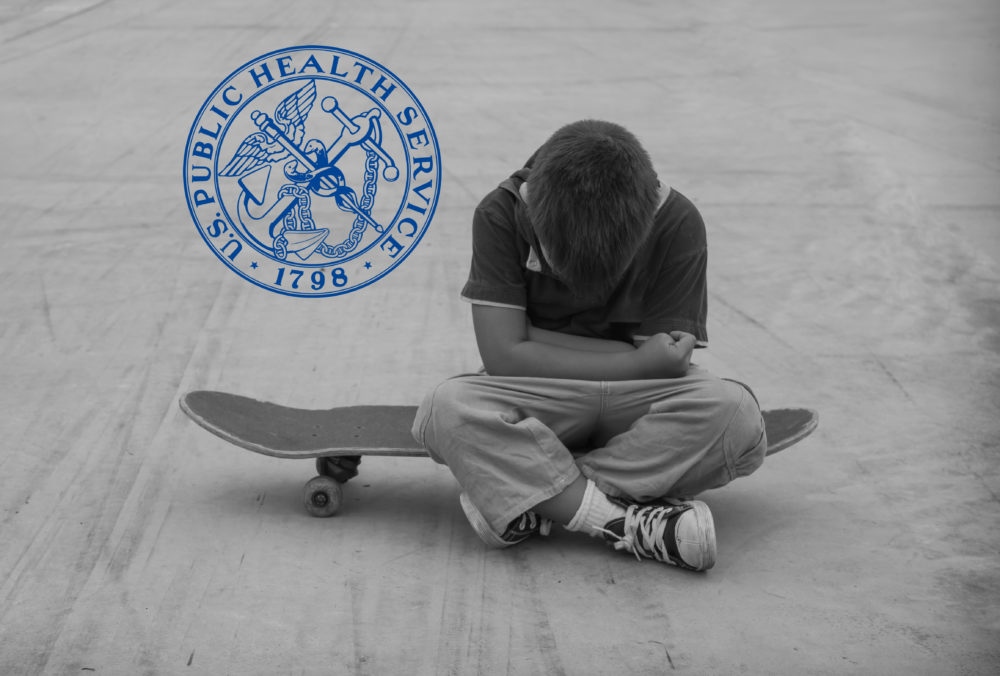Author(s): The Office of the U.S. Surgeon General (OSG)
Published: December 7, 2021
Report Intro/Brief:
“U.S. Surgeon General Dr. Vivek Murthy issued a new Surgeon General’s Advisory to highlight the urgent need to address the nation’s youth mental health crisis. As the nation continues the work to protect the health and safety of America’s youth during this pandemic with the pediatric vaccine push amid concerns of the emerging omicron variant, the U.S. Surgeon General’s Advisory on Protecting Youth Mental Health outlines the pandemic’s unprecedented impacts on the mental health of America’s youth and families, as well as the mental health challenges that existed long before the pandemic.
The Surgeon General’s advisory calls for a swift and coordinated response to this crisis as the nation continues to battle the COVID-19 pandemic. It provides recommendations that individuals, families, community organizations, technology companies, governments, and others can take to improve the mental health of children, adolescents and young adults.
The Surgeon General’s Advisory on Protecting Youth Mental Health outlines a series of recommendations to improve youth mental health across eleven sectors, including young people and their families, educators and schools, and media and technology companies. Topline recommendations include:
(1) Recognize that mental health is an essential part of overall health.
(2) Empower youth and their families to recognize, manage, and learn from difficult emotions.
(3) Ensure that every child has access to high-quality, affordable, and culturally competent mental health care.
(4) Support the mental health of children and youth in educational, community, and childcare settings. And expand and support the early childhood and education workforce.
(5) Address the economic and social barriers that contribute to poor mental health for young people, families, and caregivers.
(6) Increase timely data collection and research to identify and respond to youth mental health needs more rapidly. This includes more research on the relationship between technology and youth mental health, and technology companies should be more transparent with data and algorithmic processes to enable this research.”
>>> CLICK HERE to see all of Youth Today’s REPORT LIBRARY






























